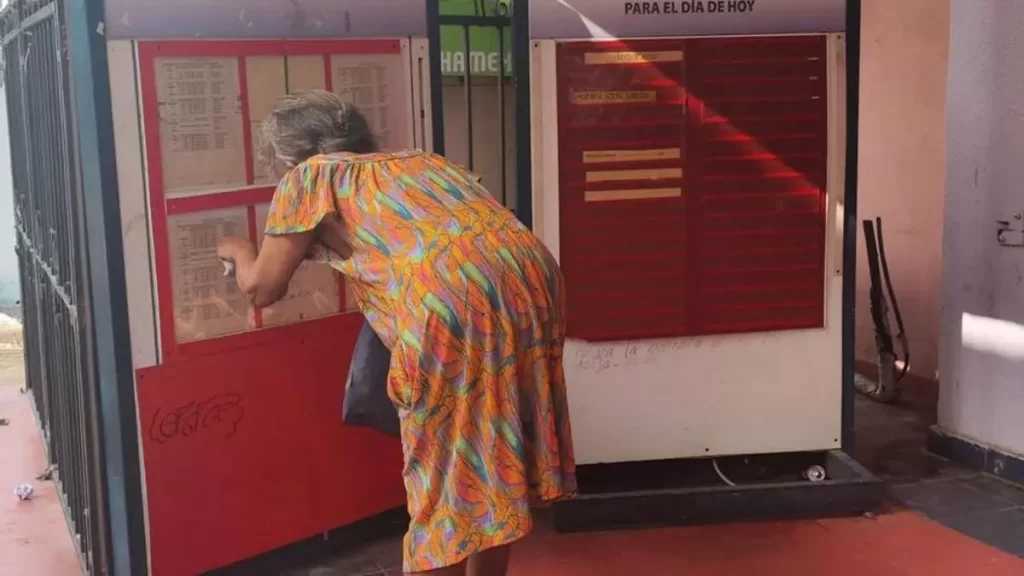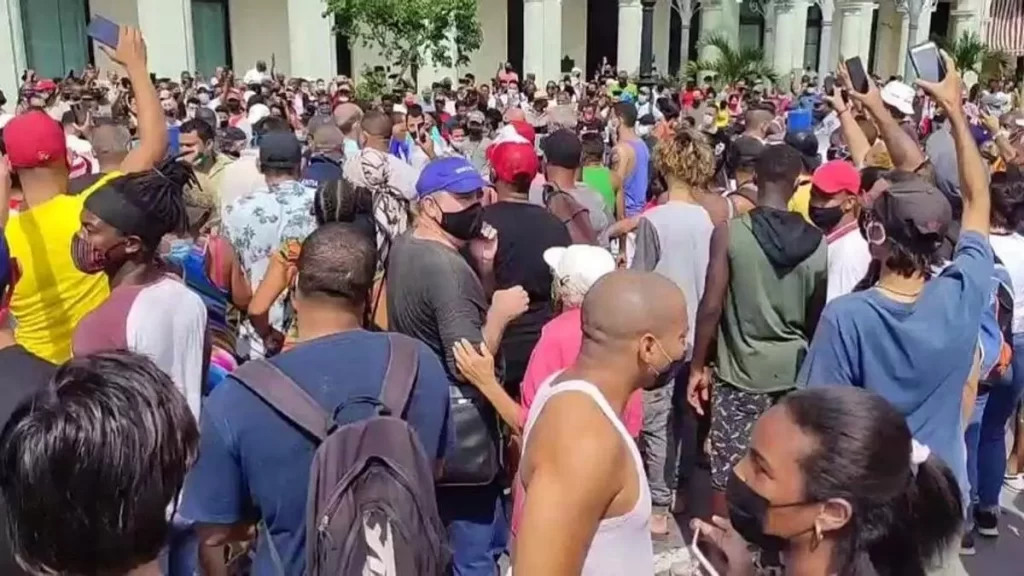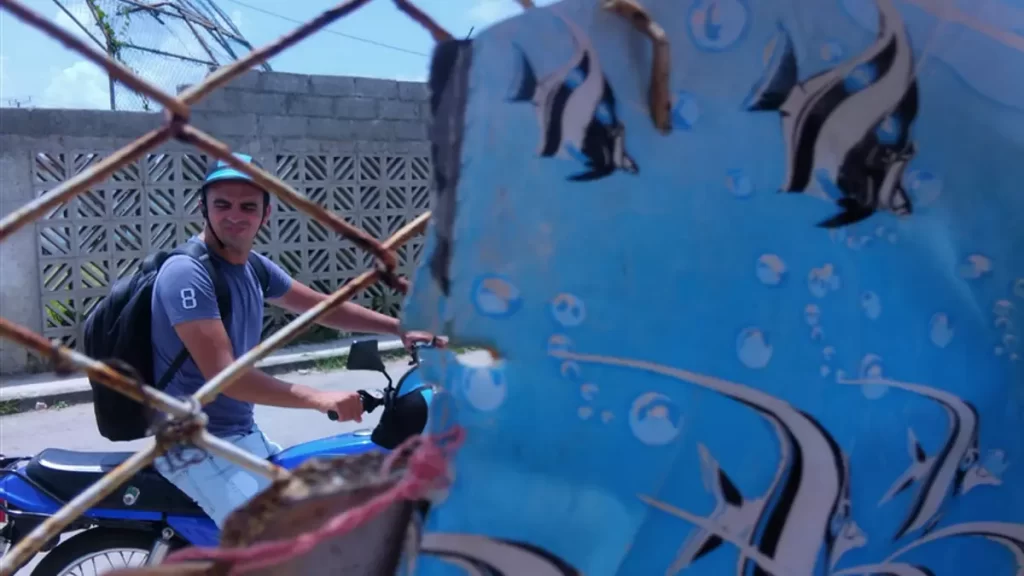
![]() 14ymedio, Mexico City, 7 July 2024 — A Cuban, Cristóbal Paulino Fernández, was arrested on July 4 for the crime of human trafficking and organized crime, the Mexican Attorney General’s Office (FGR) confirmed through a statement. The arrested man was transferred from Colombia to Mexico. Fernández Viamonte, who presented himself as a businessman, was pointed out as the leader of a network that operated in three Yucatan bars that belonged to him – Candela, Bandidas and Bar Tropicana Angus – in addition to three ‘dating houses’ (brothels). All these sites were searched by the police last Thursday, and eight victims of Colombian origin were rescued.
14ymedio, Mexico City, 7 July 2024 — A Cuban, Cristóbal Paulino Fernández, was arrested on July 4 for the crime of human trafficking and organized crime, the Mexican Attorney General’s Office (FGR) confirmed through a statement. The arrested man was transferred from Colombia to Mexico. Fernández Viamonte, who presented himself as a businessman, was pointed out as the leader of a network that operated in three Yucatan bars that belonged to him – Candela, Bandidas and Bar Tropicana Angus – in addition to three ‘dating houses’ (brothels). All these sites were searched by the police last Thursday, and eight victims of Colombian origin were rescued.
#FGR a través de #FEVIMTRA, ejecutó orden de cateo para seis inmuebles en Mérida, #Yucatán, y se logró la recuperación de ocho víctimas de trata de personas, de nacionalidad colombiana. 1/3 pic.twitter.com/lrR4Hfp6mQ
— FGR México (@FGRMexico) July 5, 2024
On the same day, Soledad “A” was arrested, who was designated as “the main operator in the city of Mérida,” according to data offered by the rescued women. The victims indicated that they were forced to prostitute themselves under threats. continue reading
The investigations against the Cuban for human trafficking began in 2022. The Specialized Prosecutor’s Office in Crimes of Violence against Women, Vulnerable Groups and Human Trafficking (Fevimtra) opened the investigation folder YUC/0000779 for an anonymous complaint. The “dark business” linked to Fernández Viamonte was mentioned, who also promoted artists’ concerts through the PF Group.
One of the lines of investigation of the case points to the alleged complicity of senior security commanders, who were paid $10,000 for the transfer of victims to different houses located in Mérida and for alerting operatives in the bars.
“The victims were hooked with the promise that they would be working as models and assistants, with daily salaries of $2,000. However, already in Mérida, the traffickers took their papers, asked them for data about their relatives and confiscated their cell phones. Then they offered them as escorts to their customers, who were charged between 20,000 and 25,000 pesos per hour,” Sol Yucatán published.

Reports have reached 14ymedio about the trafficking networks that trap Cubans, Colombians and Venezuelans through emotional attachments. Activist María Ángel Vielma said that many women also come to this country with the promise of a job and other false commitments. “The rapist looks for what the woman needs to manipulate her; the hook is disguised as love,” she said.
Vielma explained that these cases are common among women who come from countries with economic crises or with nationalities which have stereotypes of female beauty. “There is a selective xenophobia, we say, because if you are Central American, the treatment and pejorative comments are very ugly. In contrast, if you are Colombian, Cuban or Venezuelan, you are the sexy girl, the bomb, what they see on television that they believe is a woman from these countries,” she stressed.
This could explain why of the 227 foreigners killed in Mexico from 2015 to 2023, 32 were Colombians and 29 Venezuelans, according to the National Public Security System (SNSP).
Fernández Viamonte, in addition, has been accused, along with his partner Gabriel Guzmán Millet, of fraud. The complaint was filed by Inver Altabrisa, in accordance with file number 00135/2017.
Translated by Regina Anavy
____________
COLLABORATE WITH OUR WORK: The 14ymedio team is committed to practicing serious journalism that reflects Cuba’s reality in all its depth. Thank you for joining us on this long journey. We invite you to continue supporting us by becoming a member of 14ymedio now. Together we can continue transforming journalism in Cuba.




















